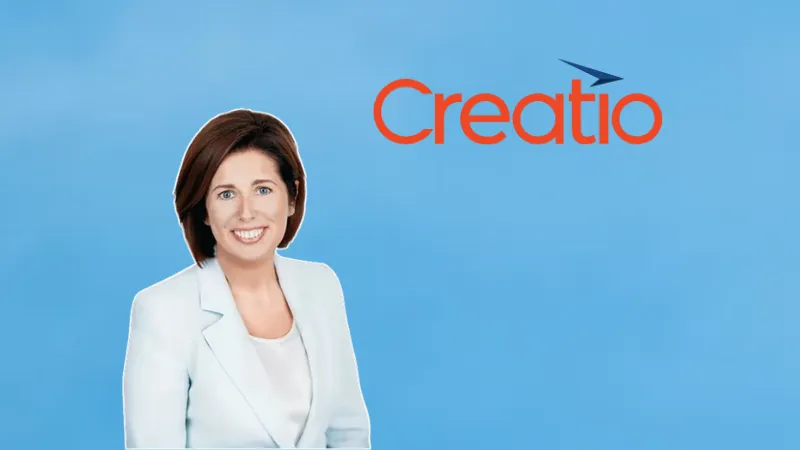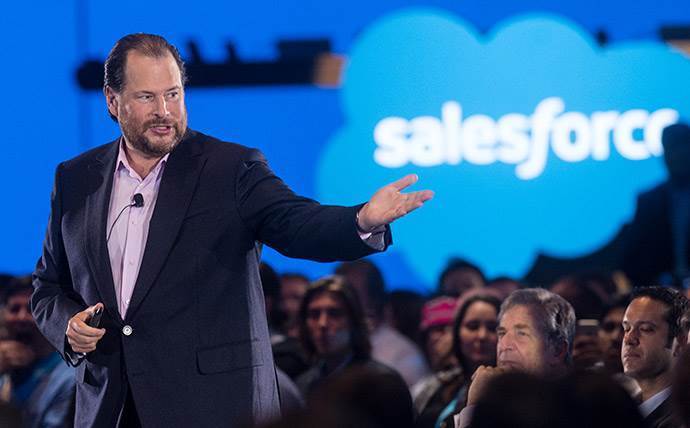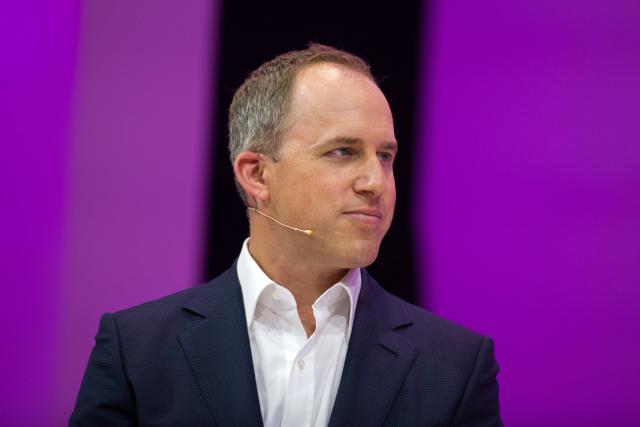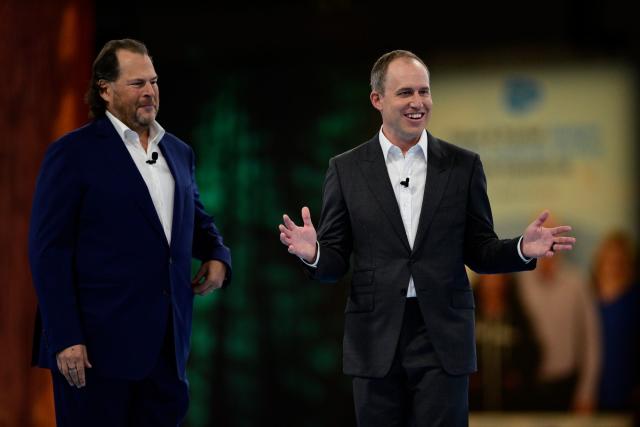Salesforce Challenger Creatio Hits Unicorn Status with $200 Million Funding
Creatio, a low-code software platform for customer relationship management (CRM), has emerged as a formidable competitor to industry giant Salesforce. On Wednesday, the company announced that it had secured $200 million in a new funding round, catapulting its valuation to $1.2 billion and earning it the coveted “unicorn” status. This significant milestone underscores Creatio’s rapid growth and the increasing demand for low-code solutions in the business sector.
A Rapid Ascent

Image Source: viestories.com
Founded in 2014, Creatio has swiftly established itself in the CRM market, employing 700 people across seven global offices, including key locations in Poland and Ukraine. Despite its relatively short history, the company has managed to attract an impressive roster of clients, including major enterprises such as Coca-Cola and MetLife.
The latest funding round was spearheaded by Sapphire Ventures, with additional participation from StepStone Group and existing investors Volition Capital and Horizon Capital. This influx of capital follows several years of impressive revenue growth for Creatio, with annual increases of around 50%.
Katherine Kostereva, the founder and CEO of Creatio, expressed optimism about the company’s financial health and future prospects. “Creatio’s underlying low-code automation platform provides this freedom to automate your workflows on the fly,” Kostereva noted. She emphasized that the company is cash flow break-even and capital efficient, attributing their success to their innovative platform and strategic management.
Strategic Growth and Technological Innovation
Creatio’s journey to becoming a unicorn has been marked by strategic growth and technological innovation. After years of bootstrapping, the company raised $68 million in 2021. This latest funding round is set to accelerate its product development further, with a particular focus on integrating generative artificial intelligence (AI) to enhance automation in marketing and sales-related tasks.
Rajeev Dham, managing director at Sapphire Ventures, highlighted Creatio’s distinctive approach in the low-code market. “They aren’t just a general-purpose no-code platform. They are no-code with an architecturally flexible backend, while focusing on a pretty big market,” Dham said. This strategic focus on specific business processes sets Creatio apart from other low-code and no-code startups, which have seen a cooling down from the funding frenzy of 2021.
Future Outlook
Despite not yet turning a profit, Creatio’s robust revenue growth and strategic positioning have positioned it well for future success. The company plans to leverage the new funding to enhance its technological capabilities and expand its market reach. By focusing on specific business processes and maintaining control over its strategy, Creatio aims to continue its rapid ascent in the competitive CRM market.
As low-code platforms continue to gain traction, Creatio’s success story serves as a testament to the potential of targeted innovation and strategic growth. With its recent funding and the continued support of its investors, Creatio is well on its way to becoming a major player in the CRM industry.

I am a law graduate from NLU Lucknow. I have a flair for creative writing and hence in my free time work as a freelance content writer.





